As we get closer and closer to a world where psychedelic medicines are widely used in a variety of therapeutic ways, the last 12 months saw some incredible advances in the field of psychedelic science. From the first published data out of large-scale clinical trials testing MDMA and psilocybin, to some incredible work investigating what psychedelics actually do to a mammalian brain, here are the highlights from a truly landmark year in psychedelic science.
First Phase 3 trial data for MDMA therapy sets path for approval
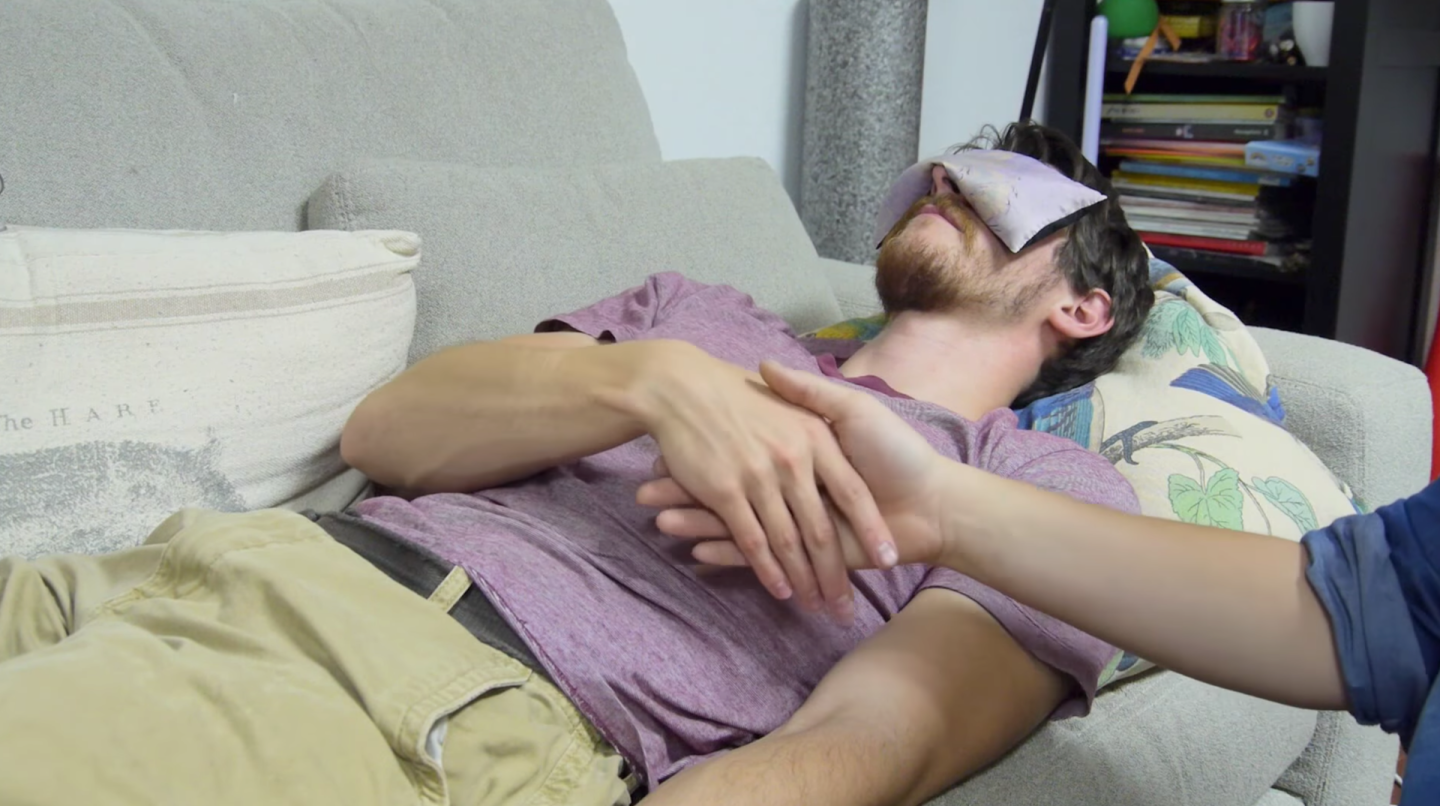
MAPS
While you are likely to have come across a multitude of news articles touting the current psychedelic renaissance, the reality is the science is still incredibly nascent, and most human trials to date have been conducted in very small cohorts. Perhaps the biggest psychedelic science milestone in 2021 came with the first published data from a Phase 3 clinical trial testing MDMA-assisted psychotherapy for PTSD.
The impressive data paves the way for full market approval from the US Food and Drug Administration (FDA). However, the conservative regulatory body is holding off approval until the results of a second Phase 3 trial are delivered, meaning the first fully legal psychedelic medicine is unlikely to reach public clinics before 2023.
Largest psilocybin therapy trial to date delivers mixed results
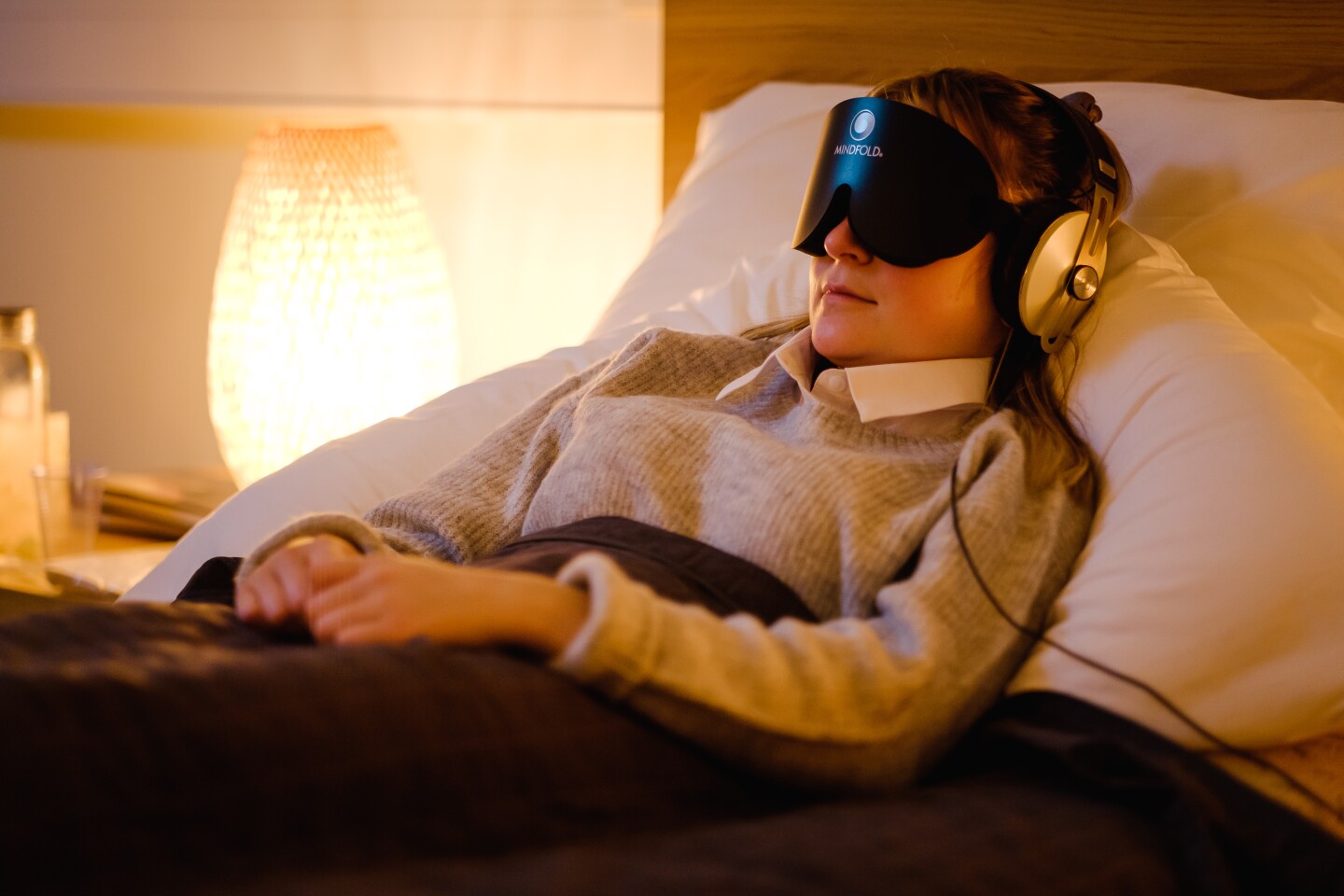
Compass Pathways
Another big moment in 2021 came with the announcement of the first top-line results from the largest psilocybin trial conducted to date. Looking at the effects of one psilocybin session, with accompanying psychotherapy, on treatment-resistant depression, the results proved somewhat controversial as the efficacy was mild and a number of concerning adverse effects were noted. Larger Phase 3 trials with psilocybin have yet to commence but experts suggest it may take some time to work out the optimal way to deliver this novel treatment.
Landmark study shows one dose of psilocybin induces new neural connections
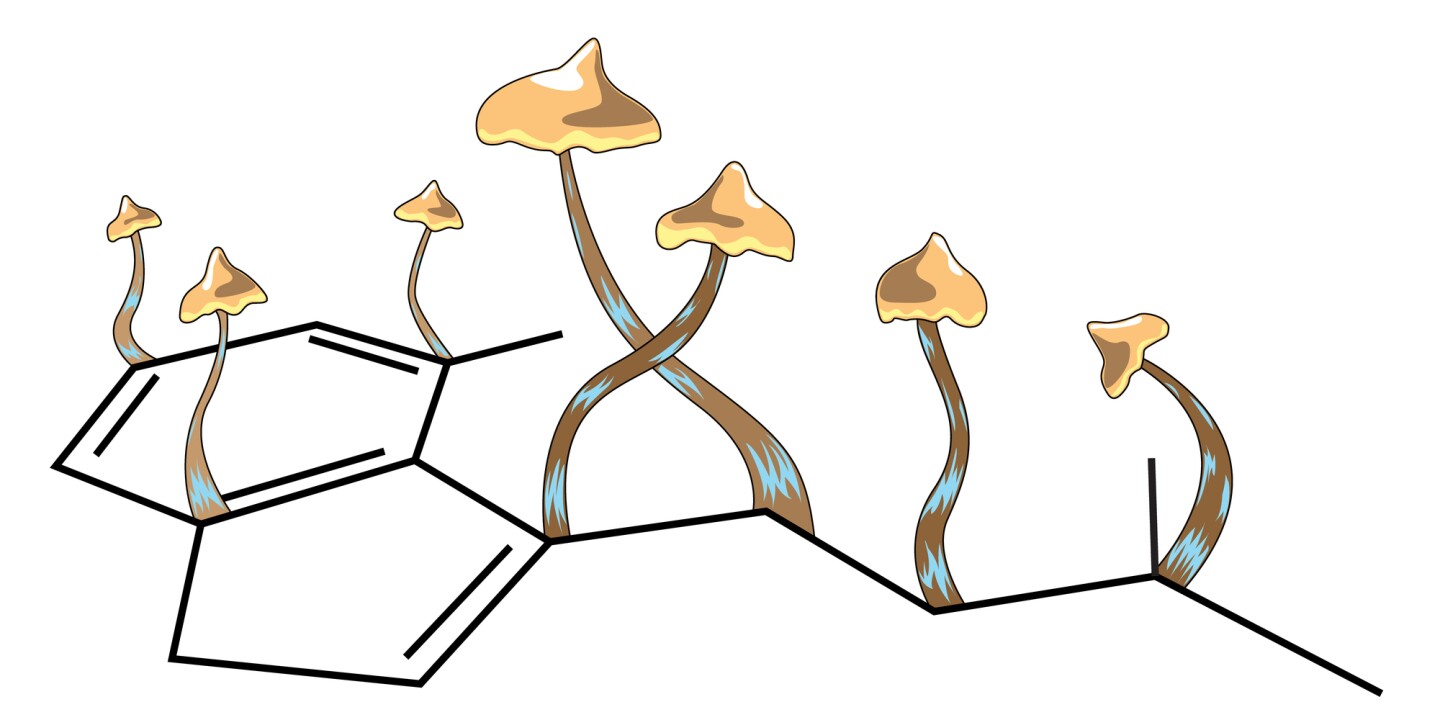
If we had to pick one stand-out highlight from the past 12 months in the world of psychedelic science it would be this incredible study led by scientists at Yale University. The researchers offer the first direct cellular demonstration of a single psilocybin dose inducing neural plasticity in a mammalian brain. While it is tempting to extrapolate the findings to humans as an explanatory mechanism by which psilocybin generates its antidepressant qualities, it is far too early to make those kinds of claims. But judged simply on its own merits, this was a magnificent piece of research.
MDMA proves a promising alcoholism treatment in world-first trial
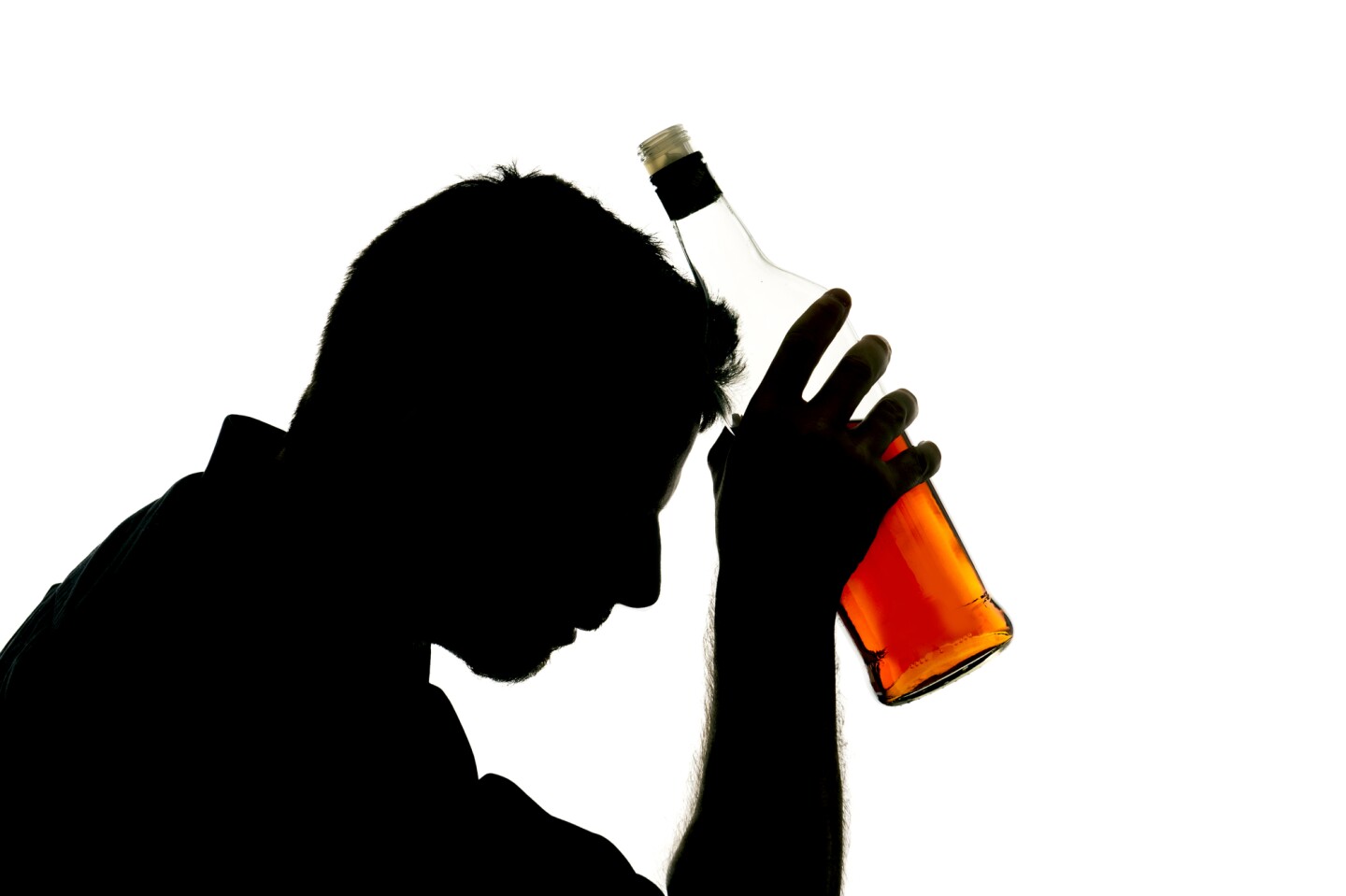
While larger Phase 2 trials are currently underway, this study offered the first published data on MDMA-assisted psychotherapy for alcoholism. The proof-of-concept trial was small, and designed primarily to investigate safety issues, but early indications were about as promising as you could hope for. An expansive nine-month follow-up period suggested the treatment is more effective than any current treatment for alcoholism.
First head-to-head trial pits psychedelic therapy against antidepressant
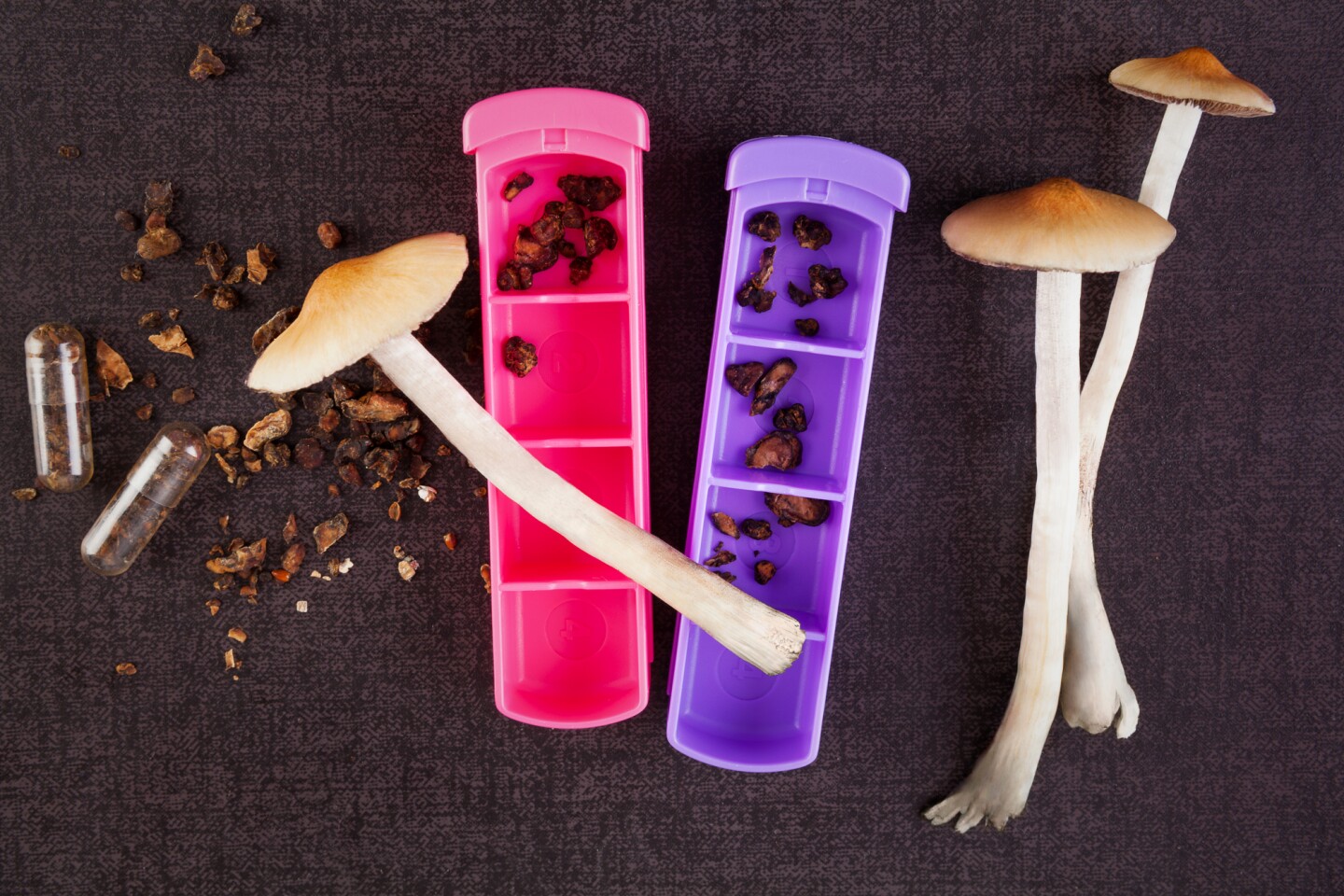
A unique clinical trial comparing the efficacy of psilocybin-assisted psychotherapy to a common antidepressant delivered perhaps the most divisive study of the year. While the primary outcome used to measure depression revealed no statistically significant difference between the two treatment modalities, most of the secondary measures indicated psilocybin was superior to antidepressants. If anything, the study highlighted how difficult it is to objectively measure mental health.
The placebo problem at the heart of modern psychedelic clinical research
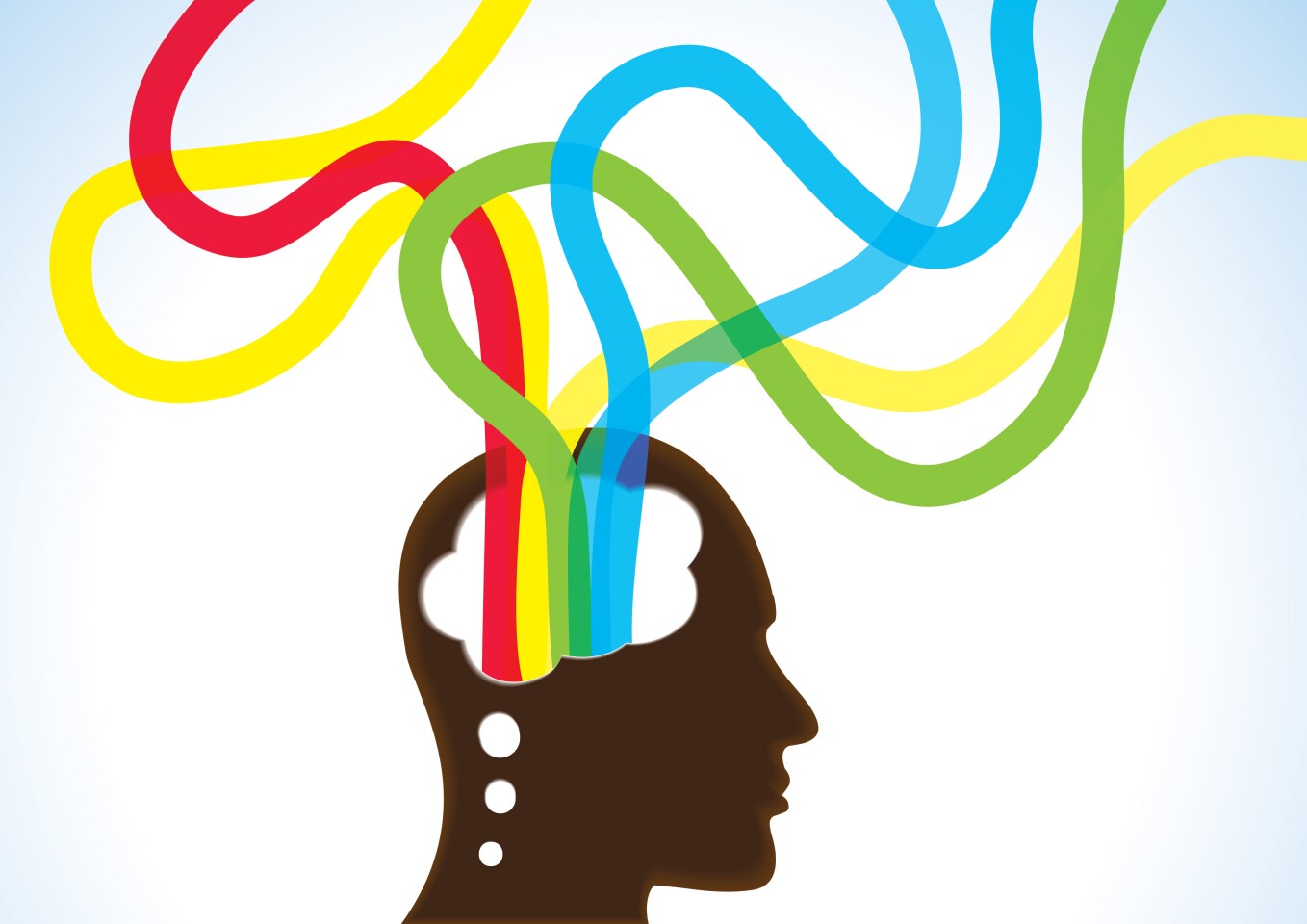
Perhaps one of the most important psychedelic science articles published in 2021 came when psychopharmacologist Suresh Muthukumaraswamy and colleagues Anna Forsythe and Thomas Lumley called out the big elephant in the room of psychedelic clinical trials. The researchers suggested many modern psychedelic clinical trials may be generating overstated results because the nature of the drugs make it virtually impossible to have an effective placebo group. The article ultimately offered a number of suggestions that could improve the field.
Can a genetic test predict your response to psychedelic drugs?
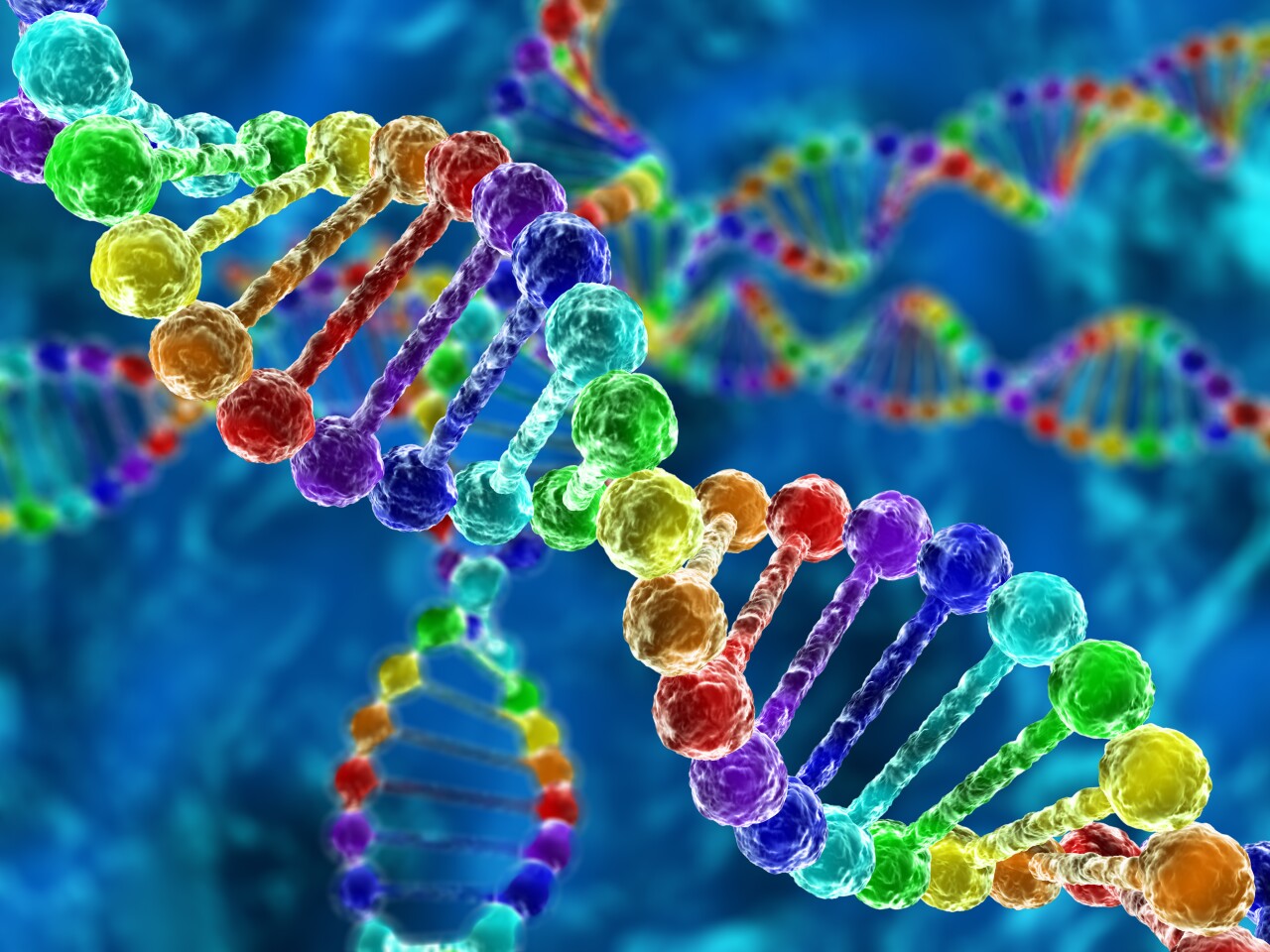
As billions of dollars are invested in the world of psychedelic science, several innovative products are beginning to appear on the market, including a genetic test the purportedly claims to predict your sensitivity to psychedelic drugs. But is there any real scientific backing to a product such as this?
Psychedelic therapy research gets first US government funding in 50 years
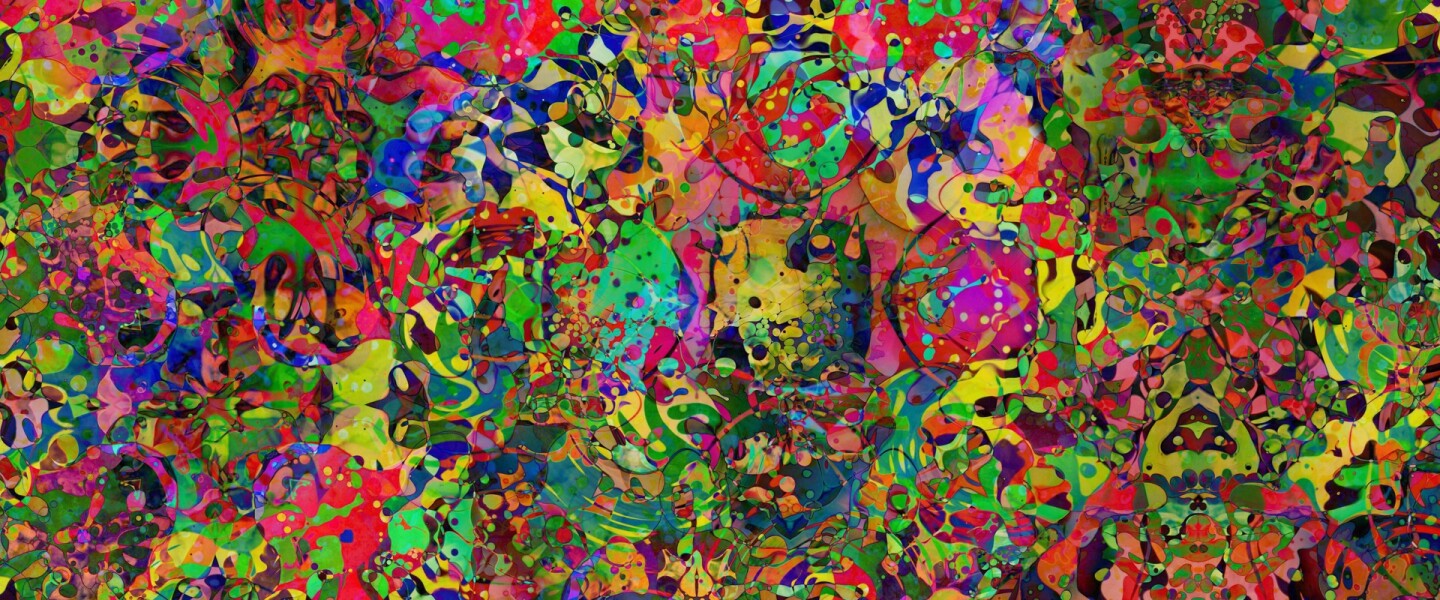
Public Domain
Johns Hopkins Medicine was awarded a US$4-million grant by the National Institutes of Health (NIH) to further clinical research investigating psilocybin-assisted psychotherapy to treat tobacco addiction. The grant is the first federal funding in half a century to be directed at clinical research on the therapeutic effects of a classical psychedelic.
First-of-its-kind trial finds psychedelic microdosing is equal to placebo
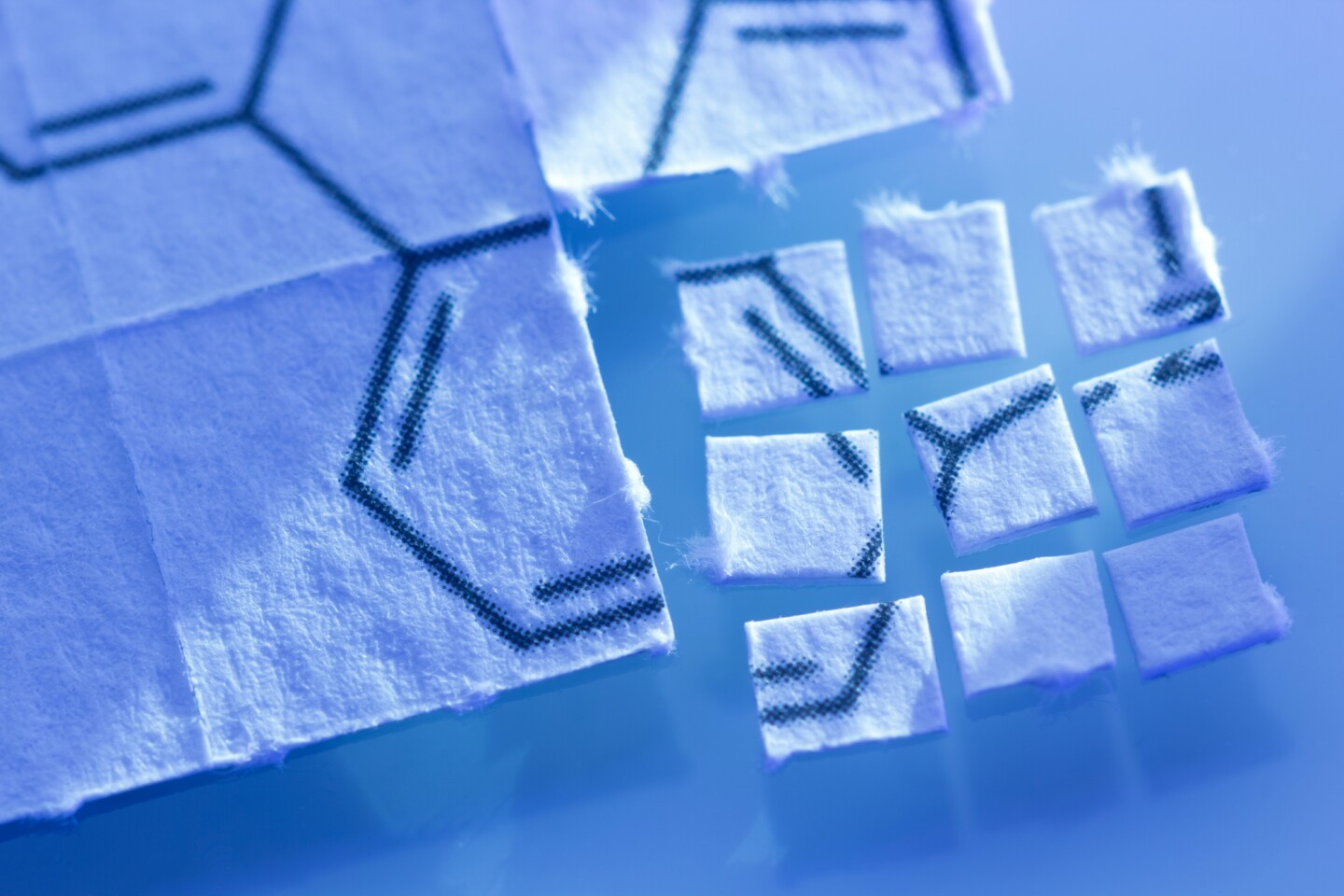
Microdosing psychedelics has flourished over the past decade despite very little evidence that it works. It is only now that scientists are beginning to subject microdosing to the rigors of modern clinical research and this first-of-its-kind study demonstrated a unique naturalistic methodology. Not as thorough as a controlled clinical trial but more robust than observational research, this study found little evidence to suggest microdosing is any more effective than a placebo.
Discovery of new compounds solves mystery of cannabis’ pungent smell
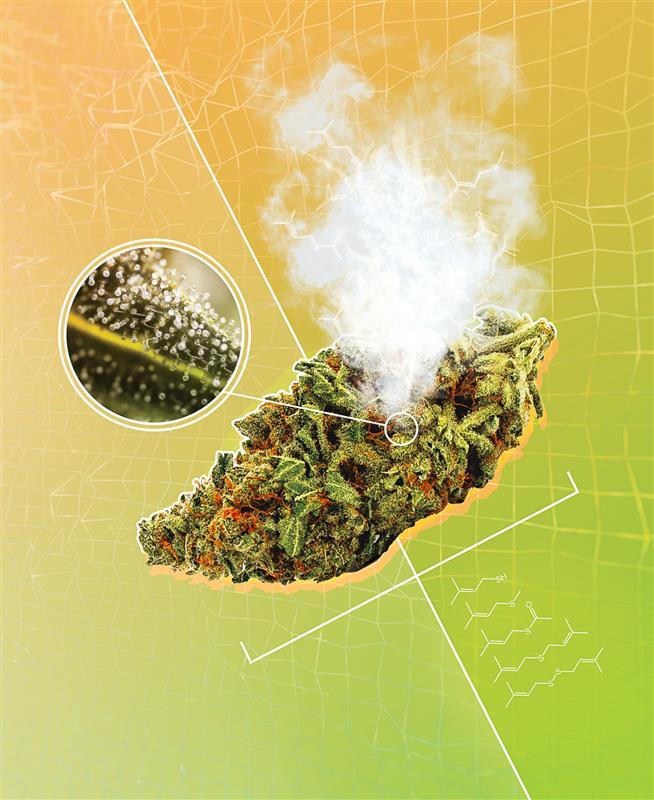
ABSTRAX
Cannabis is a remarkably understudied plant containing hundreds of novel molecules, many of which are yet to be scientifically cataloged. This new study set out to investigate what chemicals are responsible for the plant’s characteristic skunk-like smell. The researchers subsequently discovered several entirely new volatile sulfur compounds with chemical similarities to aroma compounds found in garlic.
Performance-enhancing psychedelics: Can LSD make you better at sport?
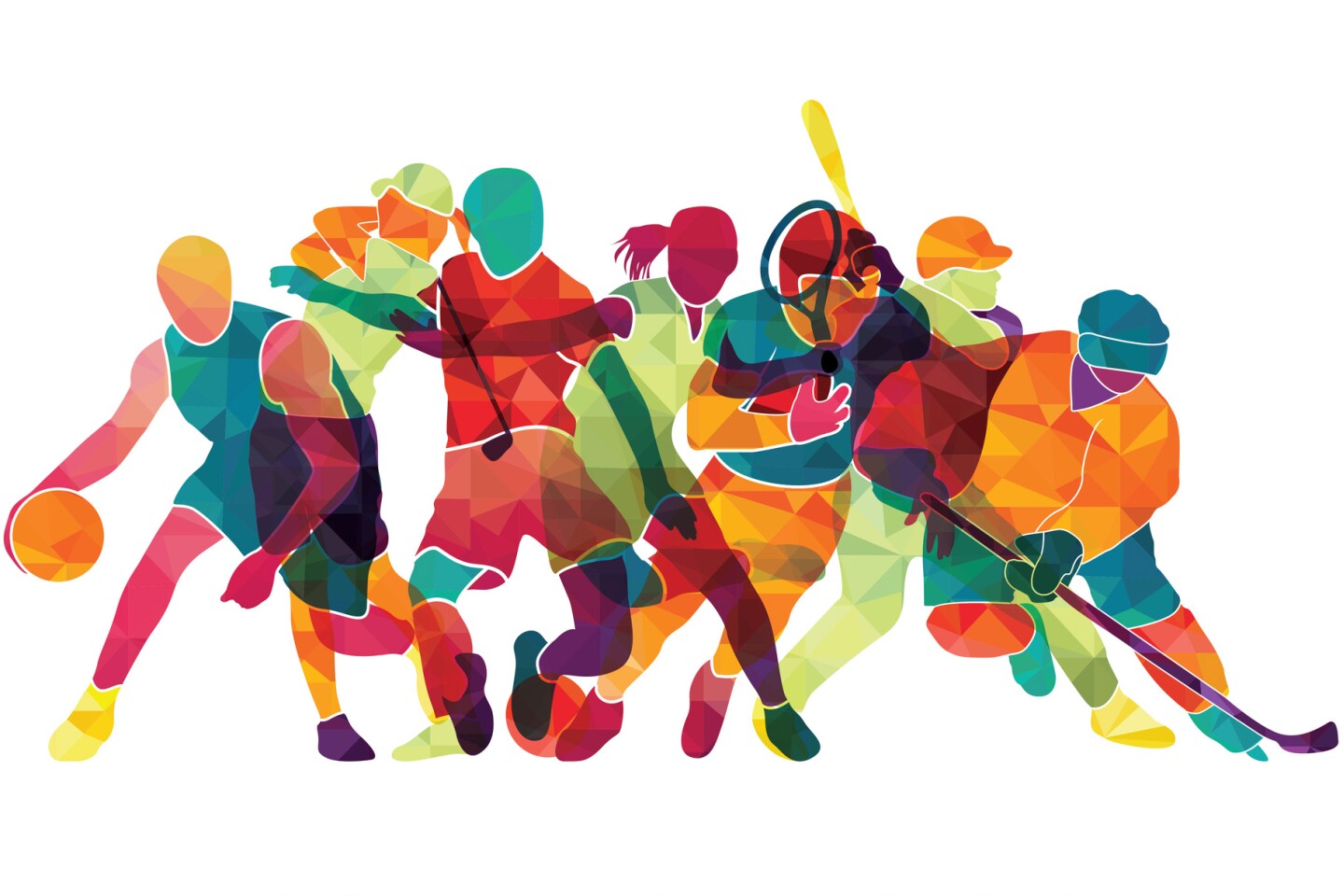
As the world’s best athletes converged on Tokyo this year for the Olympics, debate again raged over performance-enhancing drugs. But where do you draw the line over what constitutes an unfair advantage in sport? And can psychedelics ever be classed as performance-enhancing drugs?
Source of Article